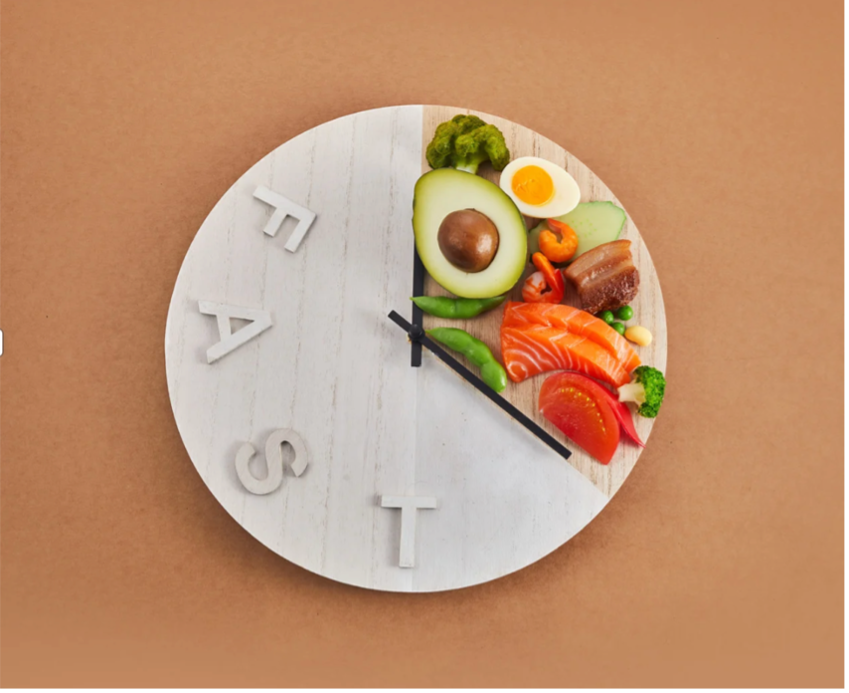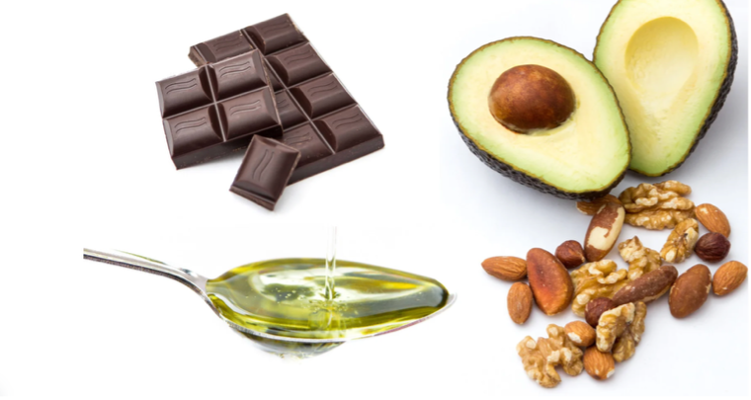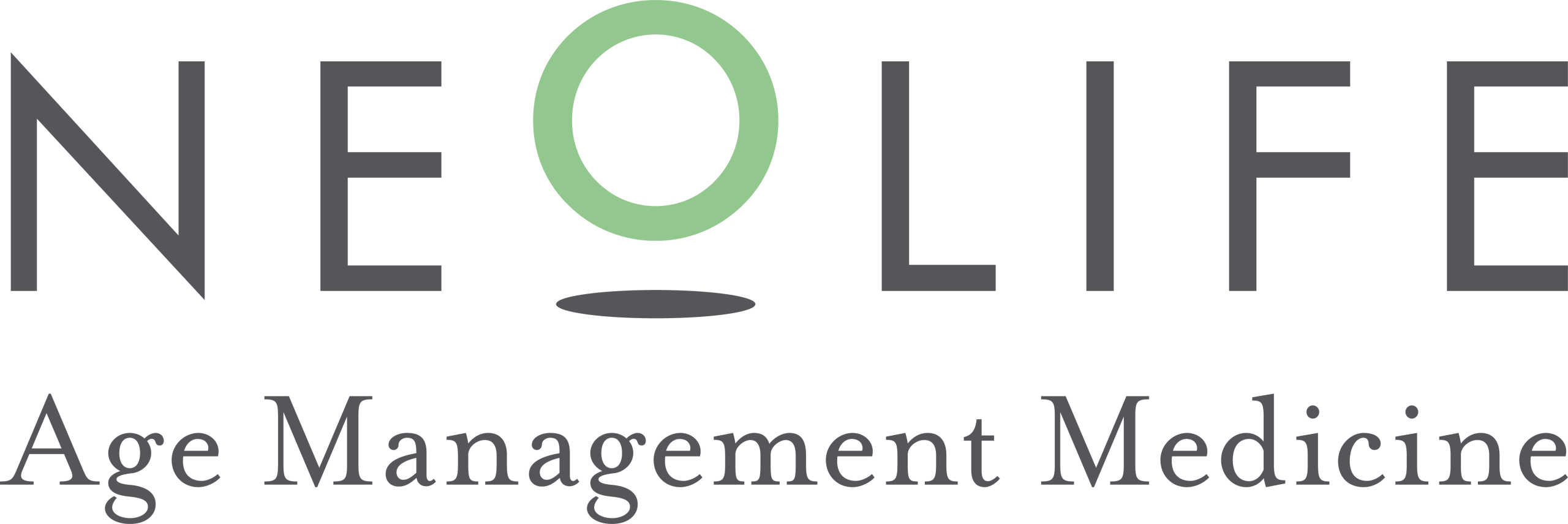Small eating habits with real impact (without going crazy).
Nutritional biohacking is the practice of optimizing your body and mind with small, strategic changes. But you don’t need implants or exotic supplements. Sometimes, the basics done right are enough.
Adriana Martín – Neolife Nutrition Unit
Nutritional Biohacking
Feeling more energetic, sleeping better, thinking more clearly… all that without following a strict diet or spending a fortune on exotic supplements. Welcome to the world of nutritional biohacking, a way to optimize your body through smart micro-habits you can start applying today.
The goal isn’t to follow an impossible routine, but rather to understand the key principles that regulate how you feel, eat, and function—and act on them strategically. Here are some simple yet powerful changes, backed by science and by the experience of those already practicing them.
Here’s the minimum effective dose you can do to feel better without complicating your life:
1. Start Eating Later (and Stop Eating Earlier)
Intermittent fasting is not just a trend: studies show that restricting your eating window to 8–10 hours improves insulin sensitivity, reduces inflammation, and supports mental clarity. If you have breakfast at 10 a.m. and dinner before 7 p.m., you’re in the game without extreme effort.
The best part? You don’t need to count calories or follow a specific diet—just give your digestive system a real break.
2. Micro-Doses of Caffeine, Not Energy Bombs
Many of us rely heavily on coffee to kickstart the day, but the ideal approach is small doses spread out: one cup after waking (waiting 60–90 minutes), another at midday, and none after 3 p.m. This way, you avoid the highs and crashes that affect your mood and sleep.
And if you can swap one of those cups for green tea or yerba mate, you’ll get extra benefits such as L-theanine, which smooths caffeine’s effect and boosts focus.
3. Eat Smart Fats for Your Brain
Sixty percent of your brain is made of fat, and what you eat directly affects its performance. Avocado, nuts, eggs, salmon, olive oil, and chia seeds are key allies. Adding these healthy fats not only keeps you fuller for longer but also enhances focus, memory, and mood.
A handful of nuts a day can literally make a difference.

4. Foods That Calm the Mind (Yes, Including Chocolate)
Low levels of magnesium, tryptophan, and zinc have been linked to anxiety and fatigue. You can support your mental well-being with foods like dark chocolate (at least 85%), bananas, spinach, lentils, oats, and plain yogurt.
You don’t need expensive supplements—just make sure your plate has a variety of colors and natural textures. Your nervous system will thank you.
5. Morning Sun
Minimum effective dose: 5–10 minutes without sunglasses.
- It regulates your biological clock (circadian rhythm), improves mood, and supports sleep.
- If it’s winter or you’re indoors, consider a natural light lamp.
Conclusions
You don’t need to make huge sacrifices to start feeling better. Nutritional biohacking is about doing the minimum necessary—but doing it with intention. Small daily changes, applied consistently, can generate a big impact over time.
Start today with just one. Pick the one that resonates most with you. And remember: your body is listening to everything you eat.
BIBLIOGRAPHY
(1) Panda, S., et al. (2016). Time-restricted feeding improves metabolic health. Cell Metabolism.
(2) NIH – Intermittent Fasting in Humans
(3) Haskell, C. F., et al. (2008). The combined effects of L-theanine and caffeine on cognitive performance and mood. Nutritional Neuroscience.
(4) Smith, A. (2002). Effects of caffeine on human behavior. Food and Chemical Toxicology.
(5) Dyall, S. C. (2015). Long-chain omega-3 fatty acids and the brain: a review of studies in depression. CNS & Neurological Disorders.
(6) Harvard Health Publishing: “The truth about fats: the good, the bad, and the in-between”
(7) Barbagallo, M., et al. (2010). Magnesium and aging. Current Pharmaceutical Design.
(8) Sarris, J., et al. (2015). Nutritional medicine as mainstream in psychiatry. The Lancet Psychiatry.
(9) Nehlig, A. (2013). The neuroprotective effects of cocoa flavanols. British Journal of Clinical Pharmacology.
(10) Asprey, D. (2014). The Bulletproof Diet. (referencia popular, no científica, pero influyente en la cultura del biohacking).
(11) Rhonda Patrick, PhD – Bioquímica especializada en nutrición funcional y salud cerebral.
(12) ZOE Health App / Tim Spector – Estudios sobre microbioma y alimentación personalizada.

